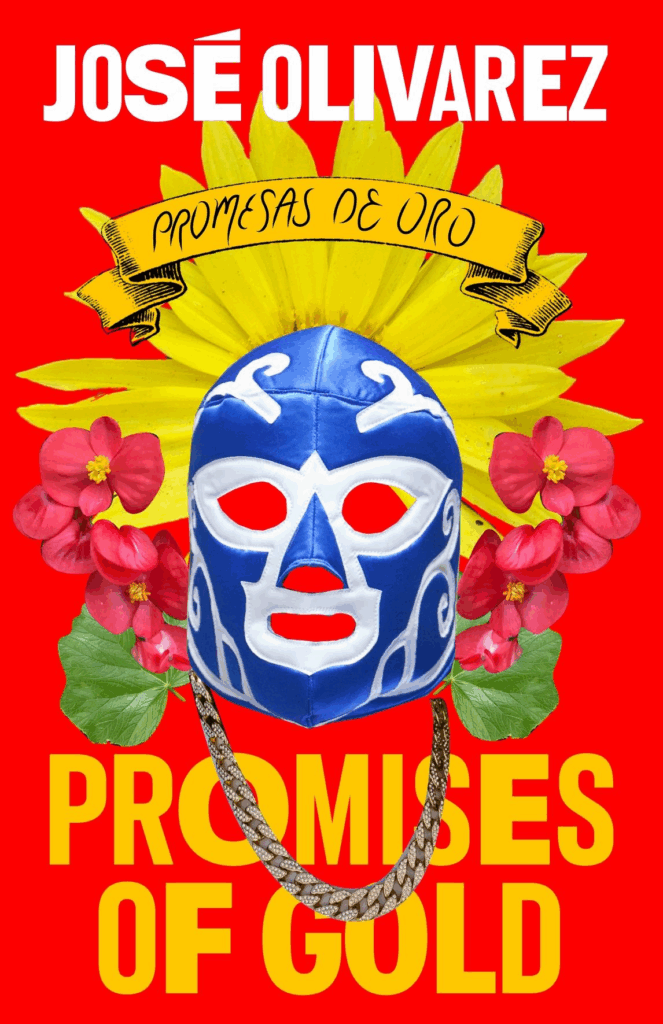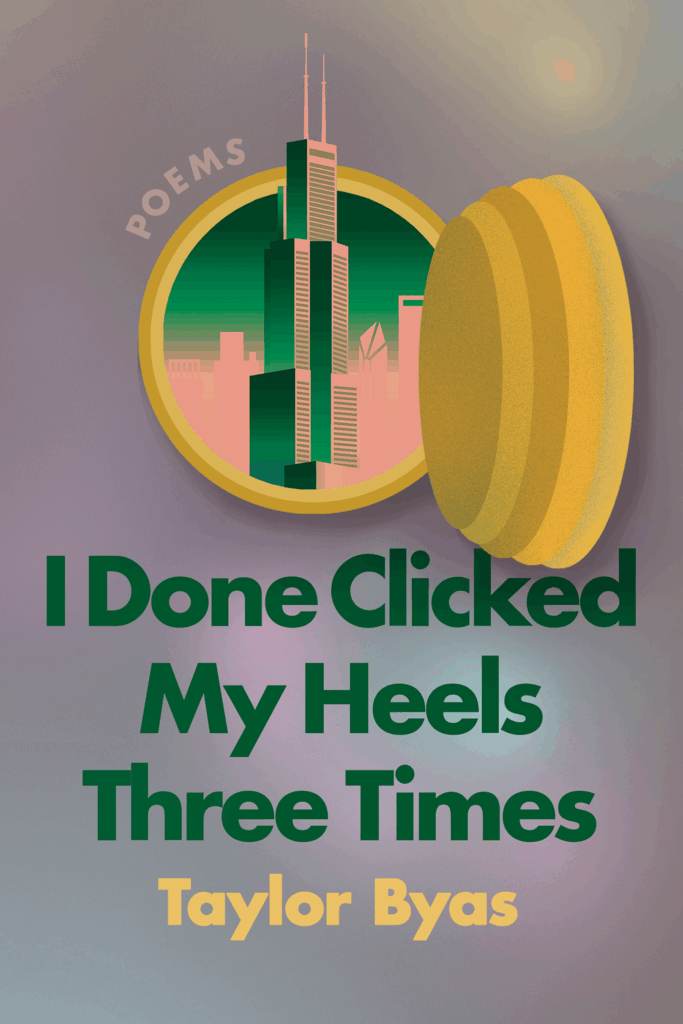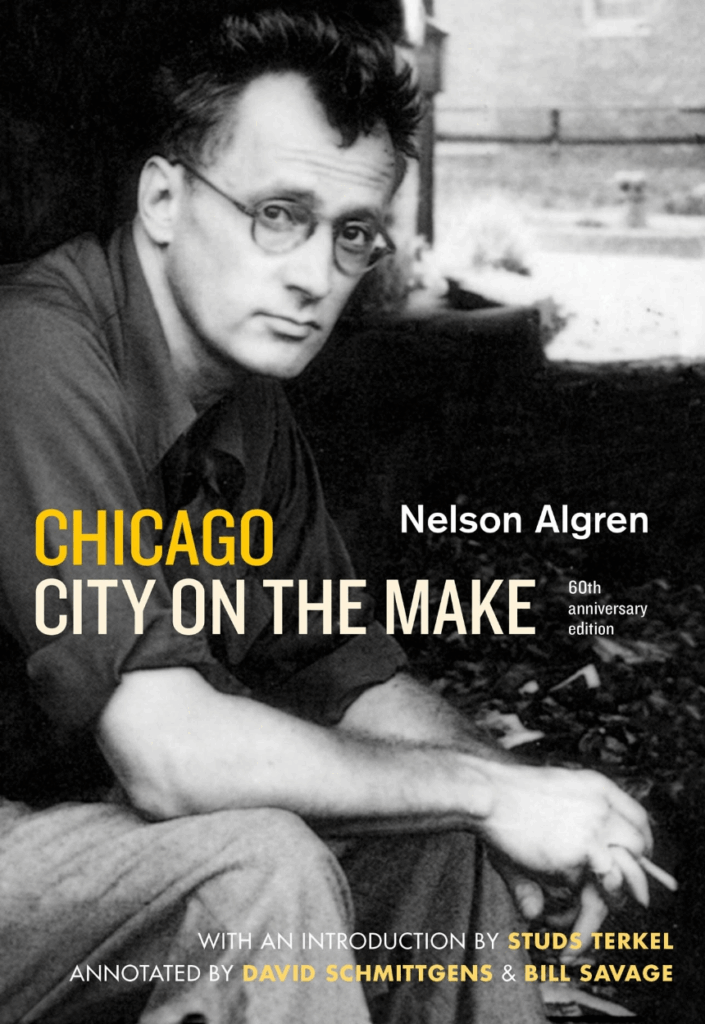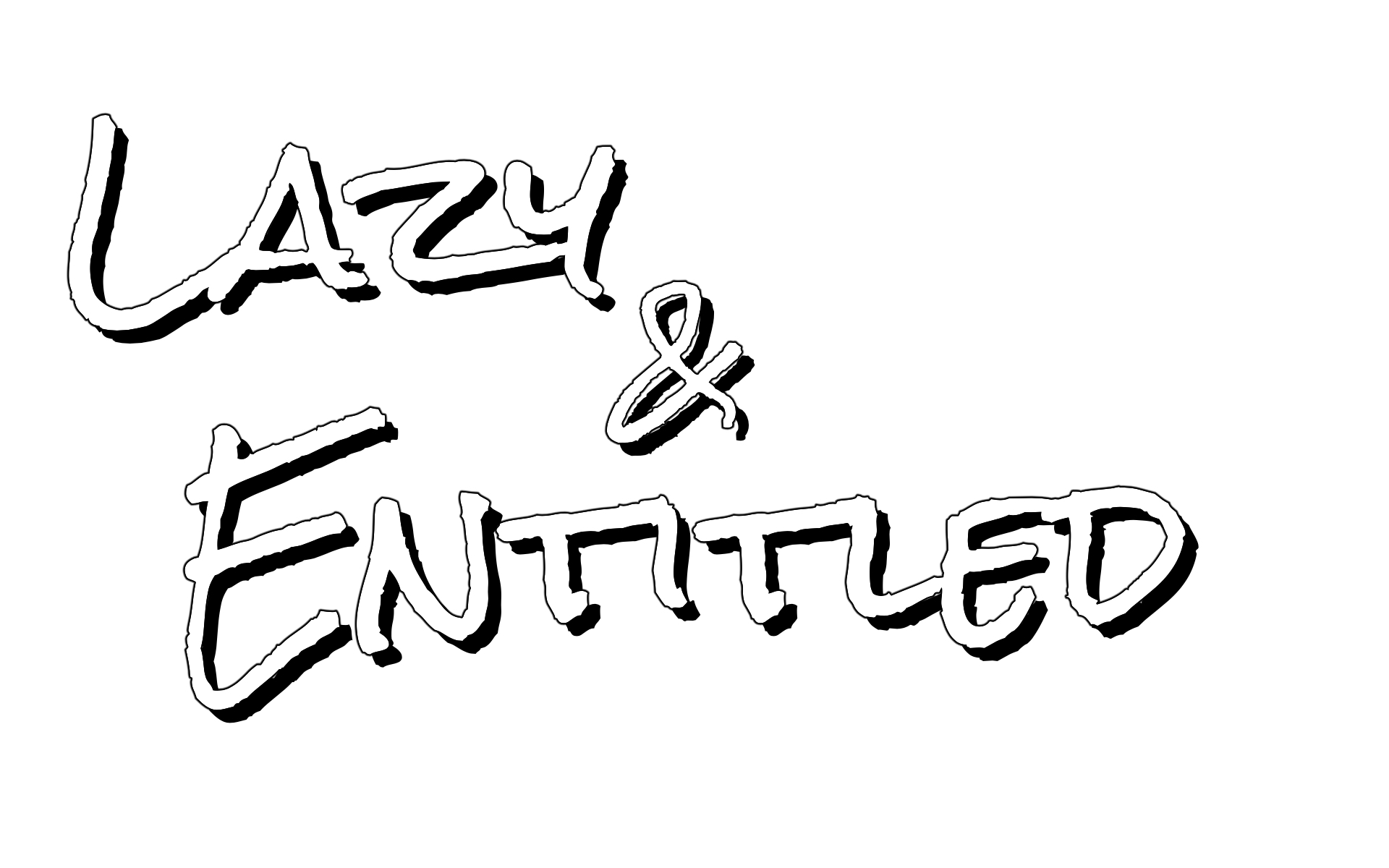“I say I’m from Chicago and / folks get excited. I mean, they / light up like they got gossip to tell.” – Taylor Byas, “You from ‘Chi-raq?'”
First off, I’ve been bad about promoting podcasts on here, so here’s a run through of some recent Lazy & Entitled Podcast and The Line Break episodes:
- A Line Break where Bob reads Fanny Howe and I read Elise Paschen Apple | Spotty
- A Line Break where Bob reads Richard Siken and I read Percival Everett Apple | Spotty
- A Lazy & Entitled where I interview Lincoln Michel and Brendan and I tell songwriting stories Apple | Spotty
- A Lazy & Entitled where Brendan and I pitch weird segments at each other, then try to do them Apple | Spotty
Okay. Wasn’t last week fun? Hey, in the spirit of book lists and fun and how much Chicago rocks, how about a reading list for Chicago? I wanna make all of these 11-item lists, because 11 is my number in basketball, but you’d be surprised how difficult it is to find 11 things on the same subject. Even ones as broad as “Chicago books” or “monster books.” It’s maybe reassuring about my reading habits, that I’m reading broadly. I’m obviously not throwing absolutely everything from my shelf on these lists—for instance, Ted Van Alst’s short story in Never Whistle At Night is quintessential Chicago reading, but single short stories don’t really belong on book lists, imo. Still, it’s tough to come up with 11 items. So here’s what I got, and know that it is still woefully incomplete, because there’s always more to read:
The El by Theodore C. Van Alst, Jr.

Everything I want to say about this book, I said in Friday Links. TL;DR is 1) you can’t understand Chicago without understanding the real, non-copaganda history of street gangs and 2) this book is so fun and great storytelling. Chicago coyotes are magic.
1919 by Eve L. Ewing
Speaking of those street gangs, you gotta know about the 1919 race riots. Started when a Black boy swam over an invisible boundary into a “whites-only beach” and white people threw rocks at him, the riot lasted days. One of the most violent participants in the riot where the Hamburg Athletic Club, a white street gang that counted future mayor Richard M. Daley as a member. Eve L. Ewing, the greatest living Chicago poet, takes a research-heavy poetic look at the events, and includes photographs.
Annie Allen by Gwendolyn Brooks
Can’t talk about Eve L. Ewing without talking about maybe her biggest influence. Reading Gwendolyn Brooks is a magical experience, because she’s exactly as great as everyone makes her out to be. Annie Allen is a novel as a collection of prose poems, a type of storytelling that seems to come up over and over in Chicago storytelling.
Coast of Chicago by Stuart Dybek

Luscious, beautiful, every bit as lyrical as the title. I’ll never forget the two dudes mixing rum and cokes in their mouths. I haven’t read this one since college, but I’ve nearly picked it up to revisit like three or four times. Maybe 2026 is the year to. Hey, sorry if I’ve told this story before, but Stuart was nice enough to read at the poetry reading series I ran in college, aka the “my friends and I bought a 30-rack of PBR and everyone else brought enough liquor to kill a platoon but somehow everyone’s interested enough to shut up and listen to poetry” reading series. Stuart also politely asked if he could bring along his friend, Mark Turcotte—as in, current Illinois poet laureate Mark Turcotte. The two of them were cool as hell, made us feel good about what we were doing with the reading series, and I don’t remember if they drank, but I remember them not being prudes. Stuart Dybek and Mark Turcotte: Good Dudes Of Literature.
The House On Mango Street by Sandra Cisneros
I don’t have the same formative memories of reading this book in high school or whatever experience my kid will probably have with it. I’ve read it once, a couple years ago. Really dug it, but I definitely need to re-read it. The story is told in a way that I like—one- or two-page vignettes—and in a way that feels very Chicago to me, for some reason1. All that is to say, though, that I don’t remember a ton, just that it’s really worth the short amount of time it takes to read.
Promises of Gold by José Olivarez

Like House On Mango Street, you can absolutely fly through these poems. Don’t, though. They’re worth reading out loud to your loved ones. Friends, brothers, and dads, especially.
The South Side by Natalie Y. Moore
A loving portrait of the South Side by a journalist who actually grew up there. If you want to know what it’s like and what’s happened there, read this nonfiction account.
I Done Clicked My Heels Three Times by Taylor Byas

This collection of poems got a lot of attention when it came out, and deservedly so. Dr. Byas is one of the most exciting poets I’ve read in the last couple of years, largely thanks to her penchant for verbing nouns and deploying anaphora. When I was writing about this book for Friday Links, I had the hardest time settling on just one epigraph.
Lake Michigan by Daniel Borzutkzy
An epic poem about fascism come to Chicago. A meditation on the lake’s coast not as paradise but as concentration camp. Which, yes, most of the coast’s residents are the exact kind of latte liberals who value decorum so much that they can easily become foot soldiers for fascism if their courage fails them—this poem will definitely make you think differently. And let us hope our courage doesn’t fail us.
Chicago: City On The Make by Nelson Algren

Poem? Novel? Essay? Can you even understand what he’s talking about without footnotes? This book is strange, yet remarkable and worth riding the waves. Pick up the edition that David Schmittgens and Bill Savage wrote notes for, the commentary is extremely helpful. But also: allow the text to wash over you. It’s gorgeous prose, and a magical reading experience.
Working by Studs Turkel
Okay, cheating a bit with this one. Not every subject interviewed in this oral history of jobs is from Chicago. It’s not technically a “Chicago” book. But Chicago is a union city, we are the city of Haymarket, and one of my favorite things ever said about Chicago was some old timer in a Bourdain episode saying “we wanna keep things going.” That’s a beautiful sentiment, the worthwhileness of keeping things going. Connect it to the Indigenous idea of thinking about the seventh generation from now, with the way you treat things. Working is a really great book. Thinking about how ordinary people go about their lives, celebrating their lives as having meaning intrinsically—that’s worth doing.
Man. Chicago rocks.

That’s it! Get reading! You cannot believe what it does to your brain to sit down and read a whole book. Have fun!
Sorry you got an email,
Chris
- see how I said basically the same thing, but slightly different? That’s the feeling I had reading all of these fiction/poetry/genre-bending books. Like “did I miss this by not going to elementary school here, is this like Pulaski Day.” ↩︎
